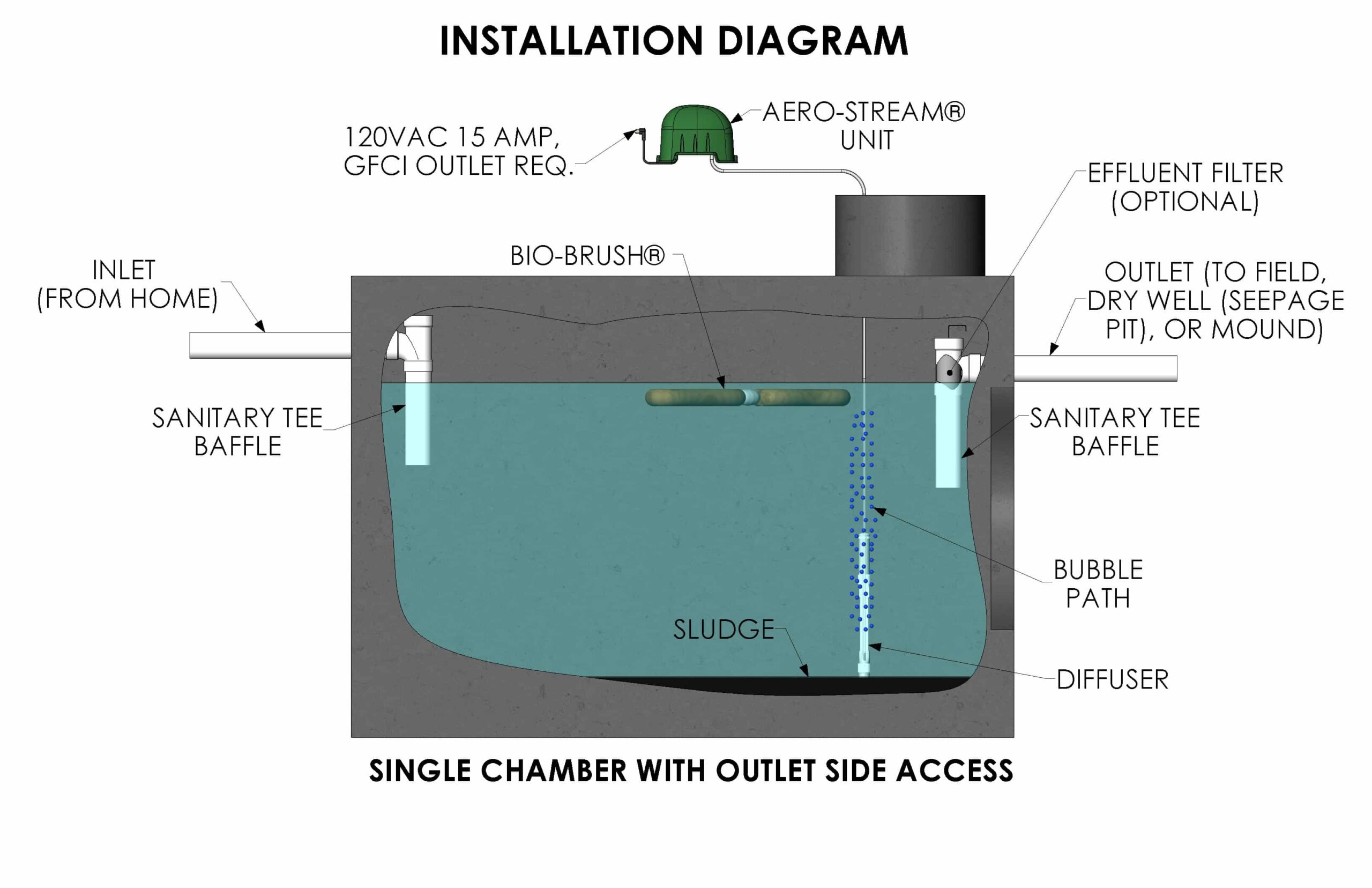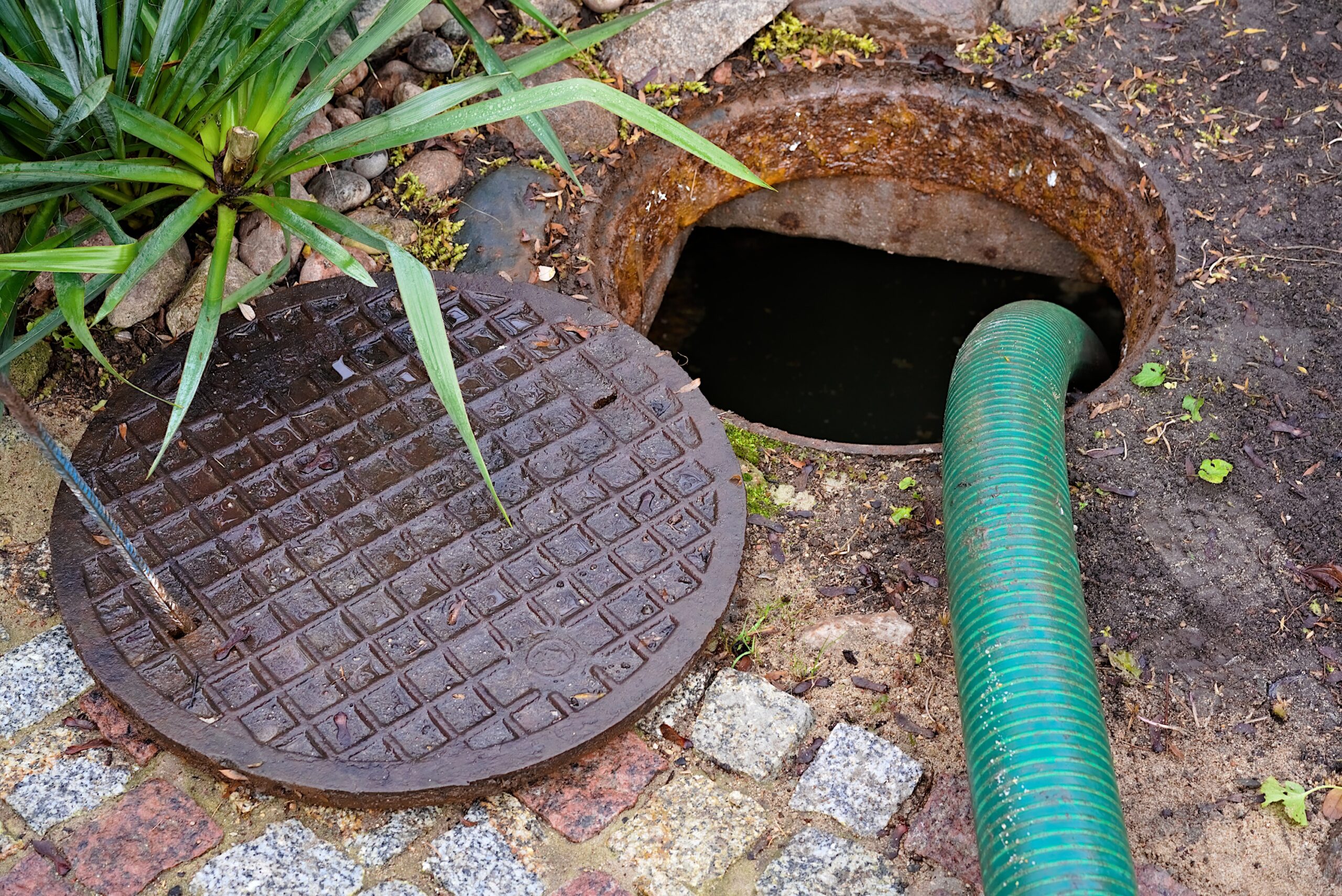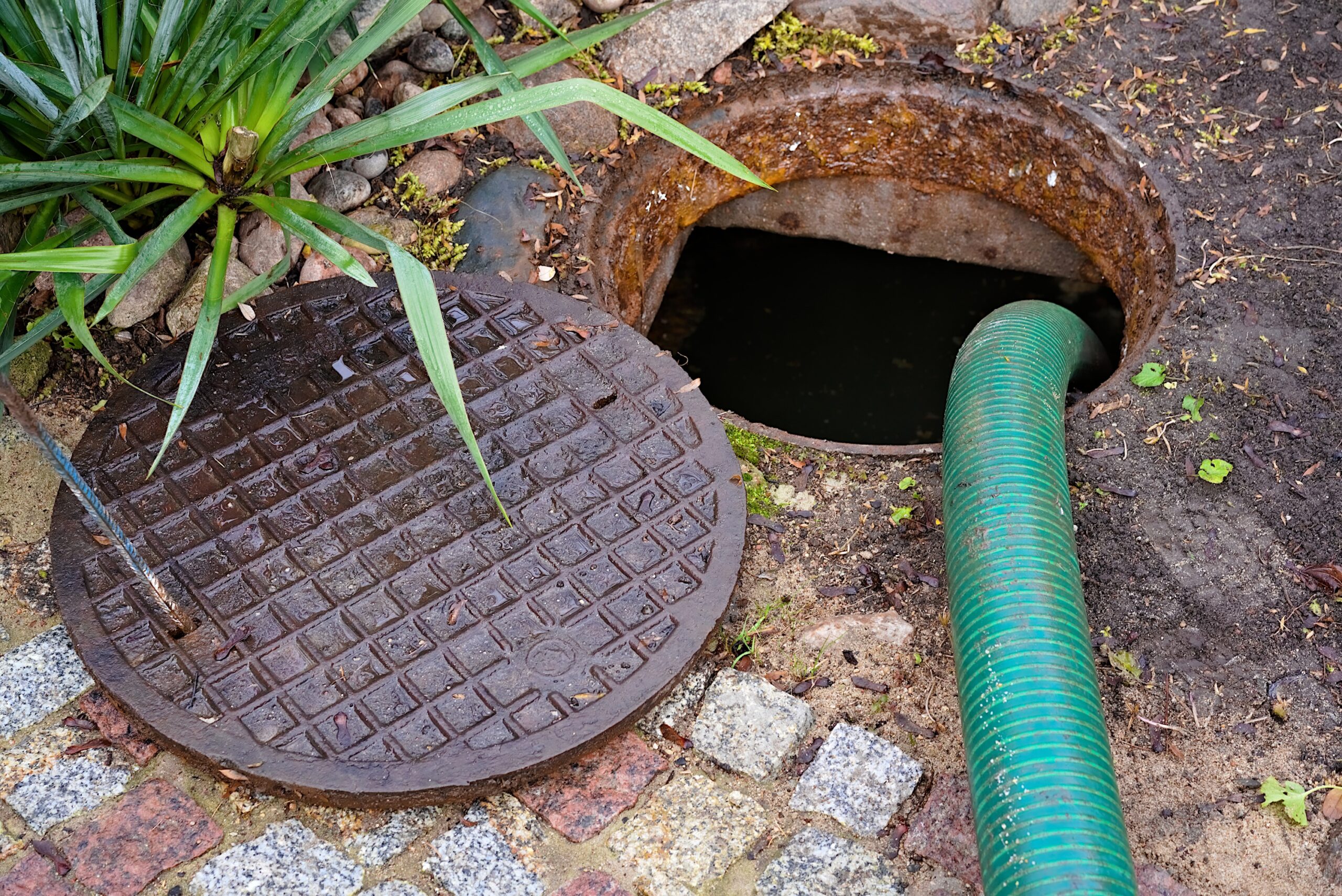Recently, the state of Florida passed legislation SB550 requiring owners of septic systems to pay for an inspection of their septic systems. If the 2.7 million Florida homeowners with septic systems are not prepared when SB550 becomes effective, they may be liable for quite a bit of money if their septic system does not pass the inspection.
The issue at hand with the new SB550 law is the mandatory inspection of the residential septic tanks and septic systems throughout the state of Florida. Set to begin in 2016, the law will require every homeowner to pay an inspection fee, estimated to be roughly $150, and submit to the inspection of their septic systems in order to evaluate if they are in proper working order.
Those Homeowners with septic tanks and systems that fail the inspection will be financially responsible for getting their septic systems in compliance with state codes. Furthermore, these people will be fined $500 per day until their septic tanks and systems are deemed adequate by the inspectors! When you total up the fees, fines and cost of septic system replacement or repair, homeowners will be forced to spend anywhere between $150 at the low end and up to $1500-$10,000 in the cases where they are required to have the septic system repaired or replaced!
Aero-Stream® Septic System Restoration Costs Less Than $1500!
At a glance, it does not look good for Florida residences with septic systems. It appears that these homeowners are about to flush a substantial amount of money down the drain. On the other hand, septic system contractors are rubbing their hands together in anticipation and can’t wait for the SB550 2016 effective date.
There is, however, hope, even though these septic system owners will not be able to avoid the mandatory inspection fee of $150. Many septic system owners in Florida have discovered a unique way to prevent the state inspectors and septic system contractors from taking more of their hard earned money. These homeowners have heeded the warnings and are taking action by giving their septic tank systems a tune-up long before they risk a failing inspection and are hit with the $500 a day fine.
They are eliminating their risk of a failing septic system inspection by installing Aero-Stream Septic System remediation products. Aero-Stream® products are proven to be effective and are approved by the state of Florida. Many individuals across the state are already in the process of bringing their septic tanks and septic systems closer to, if not completely within, compliance with regulations by installing Aero-Stream® products.
A septic system found to be in non-compliance will present a shockingly expensive issue for the unfortunate homeowner. Because most septic systems operate without oxygen inside the system, a thick, nasty sludge, referred to as biomat forms in the drainfield lines and pipes. Most homeowners do not even know that their septic system performance is diminishing every day from the biomat formation. Over time, it becomes so thick it seals the soil pores, preventing the waste water from passing into the soil. Before Aero-Stream®, the only way to remove the biomat was to excavate the drainfield, install new drainfield pipes, replace the soil and repair the lawn.
By using the Aero-Stream® Septic System restoration process, however, the drainfield and septic tank remain in the ground; no excavation is required. What happens is the drainfield lines and pipes running from the septic tank will get a much needed cleaning out, removing the biomat and allowing water to pass back to the soil. The septic system’s performance is returned to an as installed level. There will not be any performance issues for the inspector to find and the system will be given a clean bill of health.
So, if you are a resident in Florida and own a septic system, be proactive and get your septic system in peak operating condition and ready for the mandatory inspection with Aero-Stream® products.











